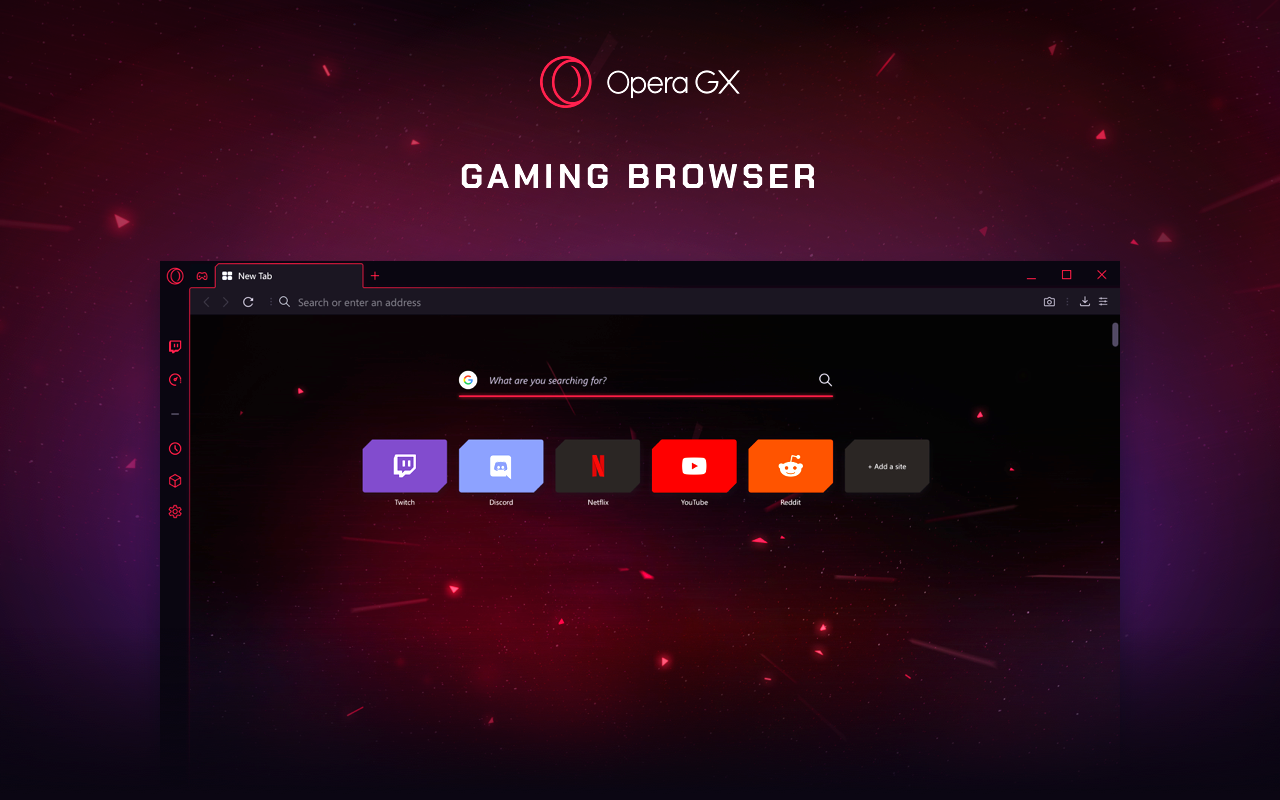## Epic Takes Responsibility: “Clunky” Launcher Not a Conspiracy
Remember that time you swore off the Epic Games launcher because, let’s be honest, it felt like it was built in the early 2000s? You’re not alone. For years, gamers have bemoaned the launcher’s frustrating interface and slow updates. But now, the head honcho himself, Tim Sweeney, has finally admitted what we’ve all been saying: Epic’s launcher is clunky.

Yep, you read that right. In a surprising twist of transparency, Sweeney recently acknowledged the issues directly, stating that “people characterize the Epic Games launcher as clunky…because the Epic Games launcher is clunky.”

Beyond Clunkiness: Epic’s Challenges and Opportunities
Competition in the Launcher Market

Epic’s entry into the launcher market has been met with mixed reactions, largely centered around the perceived clunkiness of the Epic Games Launcher. While the platform boasts exclusives like Fortnite and Unreal Tournament, it faces stiff competition from established players and emerging challengers.
Steam, the undisputed king of PC gaming distribution, boasts a massive library of over 50,000 titles, a robust community, and a well-refined interface. Its extensive features, such as achievements, trading cards, and extensive user reviews, have solidified its position as the go-to platform for PC gamers. However, Steam isn’t without its weaknesses. Its closed ecosystem, high commission fees for developers (typically 30%), and lack of innovation in recent years have opened the door for competitors.
New contenders, like GOG (focused on DRM-free games), Itch.io (platform for independent developers), and platform-specific launchers (such as Ubisoft Connect and EA Origin), are carving out niches within the market. GOG’s commitment to classic and DRM-free games caters to a specific audience, while Itch.io provides a platform for independent developers to reach a wider audience. Platform-specific launchers, while offering convenience for games within their ecosystem, often lack the breadth and depth of Steam.
Epic Games, with its focus on free-to-play titles, exclusive deals, and a revenue split more favorable to developers (88% vs. Steam’s 70%), is attempting to disrupt the market. However, its success hinges on attracting both developers and gamers. To achieve this, Epic needs to address the clunkiness of its launcher, improve its user experience, and expand its library beyond its current exclusive titles.

The Importance of User Feedback
Epic Games has acknowledged the criticisms surrounding its launcher’s usability. CEO Tim Sweeney has stated, “people characterize the Epic Games launcher as clunky because it is clunky,” emphasizing the company’s awareness of the issue.
However, mere acknowledgment is not enough. Epic needs to translate this awareness into concrete actions. This involves actively soliciting user feedback, analyzing it thoroughly, and implementing meaningful changes. Engaging with the gaming community through open communication channels, such as forums, social media, and developer blogs, can foster a sense of transparency and collaboration.
User feedback can be invaluable in shaping the future of the launcher. Gamers can highlight specific areas that need improvement, suggest new features, and provide insights into their preferences. By incorporating this feedback into the development process, Epic can create a launcher that truly resonates with its target audience.
Building a better launcher requires a multi-pronged approach. This includes simplifying the user interface, improving navigation, enhancing search functionality, and addressing performance issues. It also involves adding features that enhance the gaming experience, such as personalized recommendations, social features, and support for cross-platform play.
The Bigger Picture: The Future of Gaming Distribution
The gaming industry is constantly evolving, with new technologies and business models emerging. The rise of subscription services (like Xbox Game Pass), cloud gaming (like Stadia and GeForce Now), and decentralized platforms (like SteamOS and blockchain-based gaming) is reshaping the landscape of game distribution.
Epic Games, with its vision of a more open and equitable gaming ecosystem, is positioned to play a significant role in this evolution. Its commitment to a revenue split more favorable to developers, its advocacy for cross-platform play, and its exploration of blockchain technology demonstrate its ambition to be a driving force in the industry’s future.
The role of the launcher in this evolving ecosystem is likely to become more specialized. While traditional launchers like Steam may continue to dominate, we may see the emergence of niche launchers catering to specific genres, platforms, or business models. For example, blockchain-based launchers could focus on providing secure and transparent ownership of in-game assets.
The future of gaming distribution is exciting and uncertain. Epic Games, with its ambitious vision and willingness to challenge the status quo, is well-positioned to shape this future.
Conclusion
So, there you have it. Tim Sweeney, the head honcho at Epic Games, has finally admitted what gamers have been whispering about for years: the Epic Games Launcher is clunky. No sugarcoating, no excuses, just raw honesty. While his candor might seem refreshing, the admission also raises some serious questions. Does this acknowledgement signal a turning point for Epic, a commitment to finally address the launcher’s shortcomings? Or is it simply a case of damage control, a way to preemptively deflect criticism before the next inevitable meltdown?
The implications are vast. If Epic genuinely intends to improve the launcher, it could be a win-win for everyone. Gamers would finally have a more user-friendly platform, and Epic could potentially attract a wider audience. However, if this is just a superficial gesture, it could further erode trust in the company, particularly among those who have long been frustrated by the launcher’s imperfections. The gaming landscape is ever-evolving, and companies like Epic need to adapt. Will they seize this opportunity to build a truly great platform, or will they remain stuck in their clunky ways? Only time will tell.
The future of gaming depends on it.